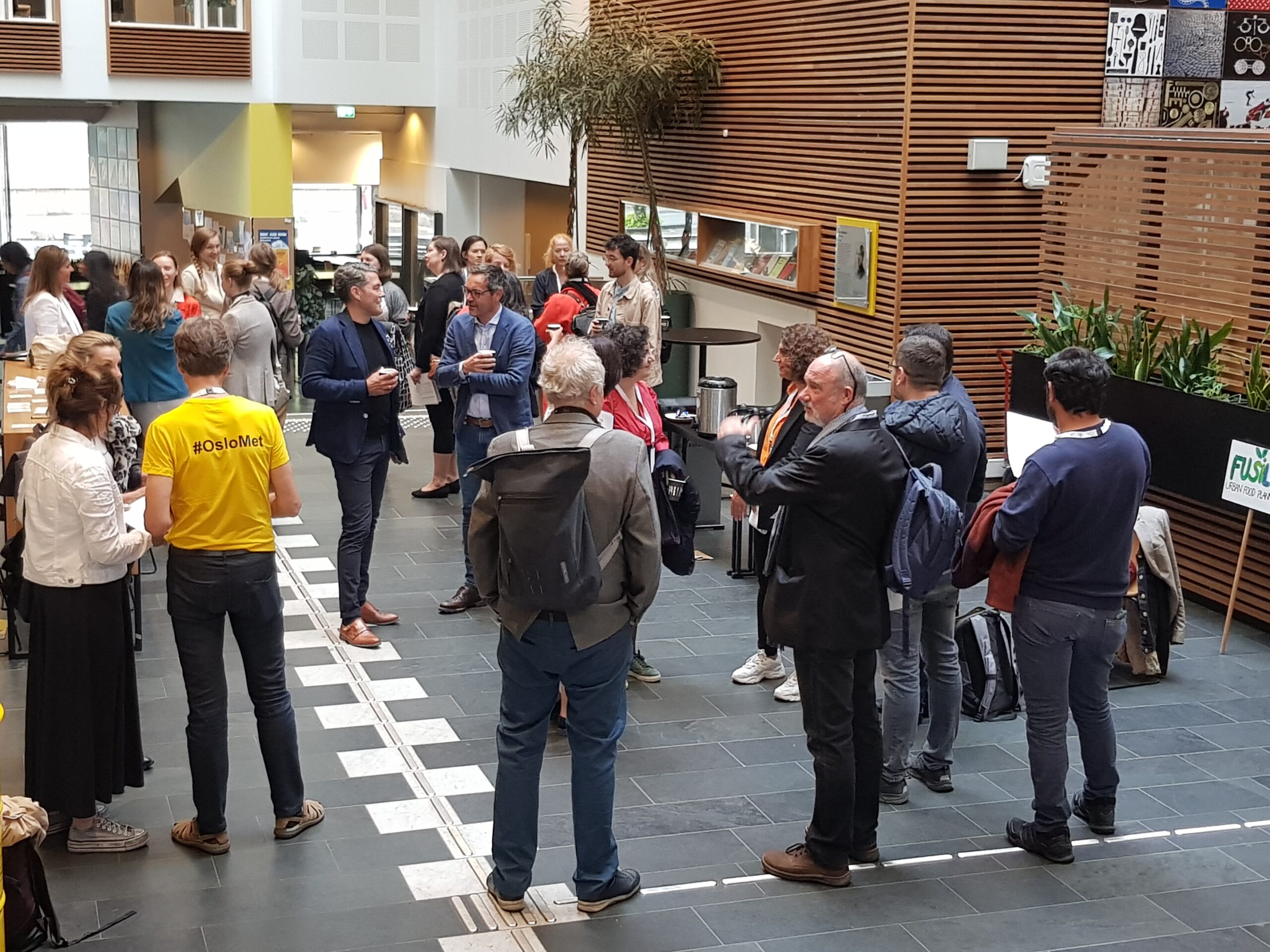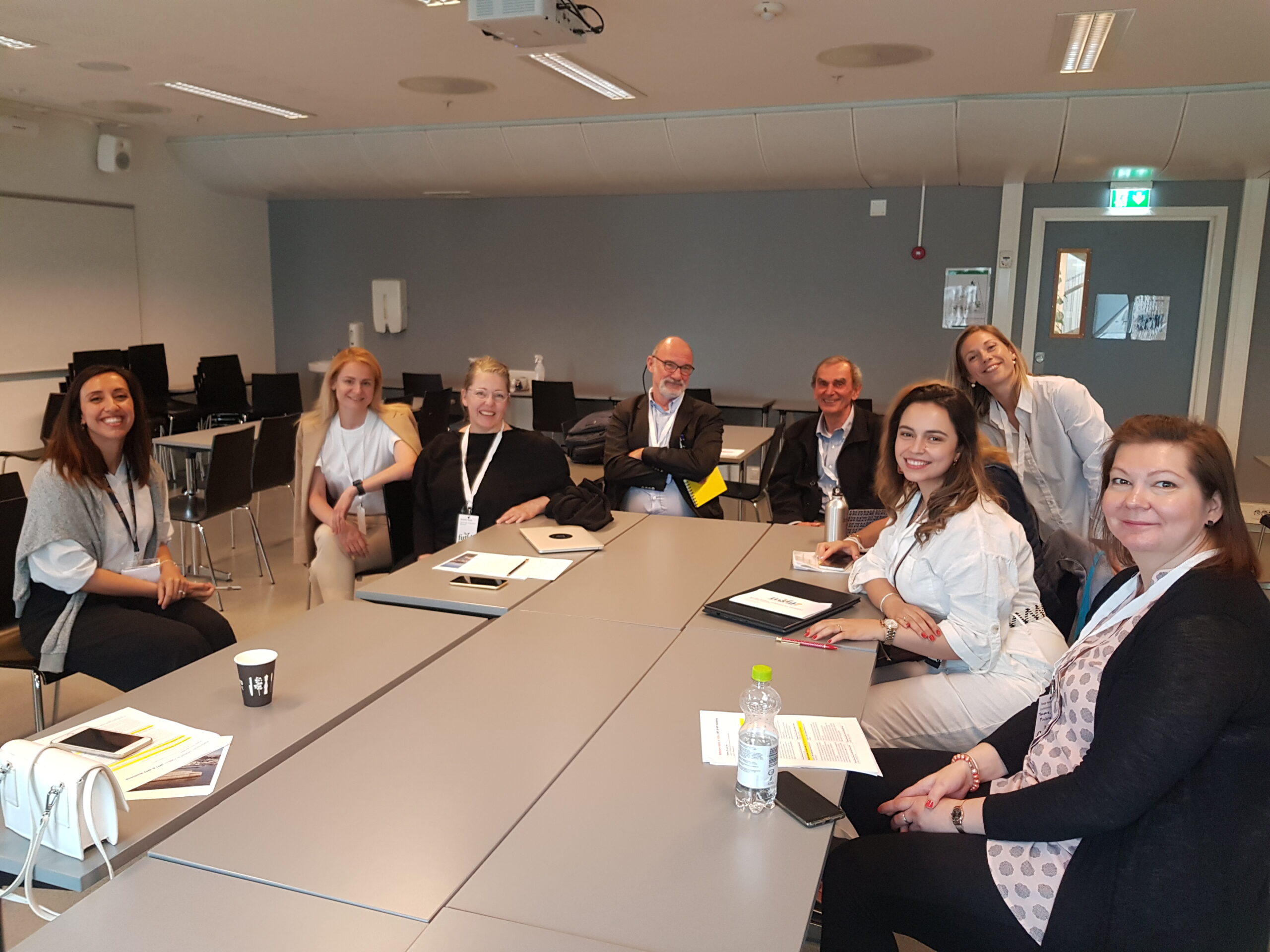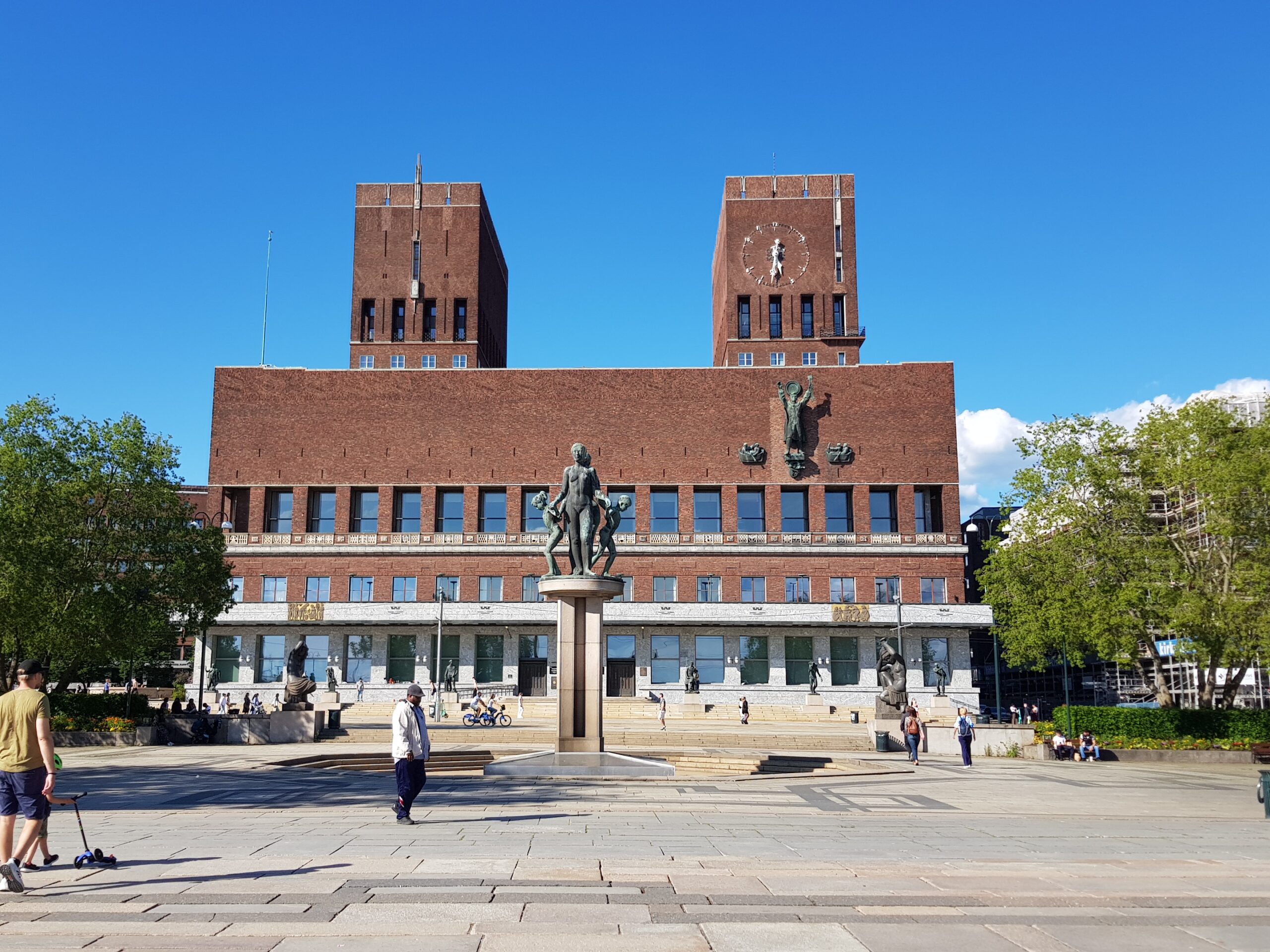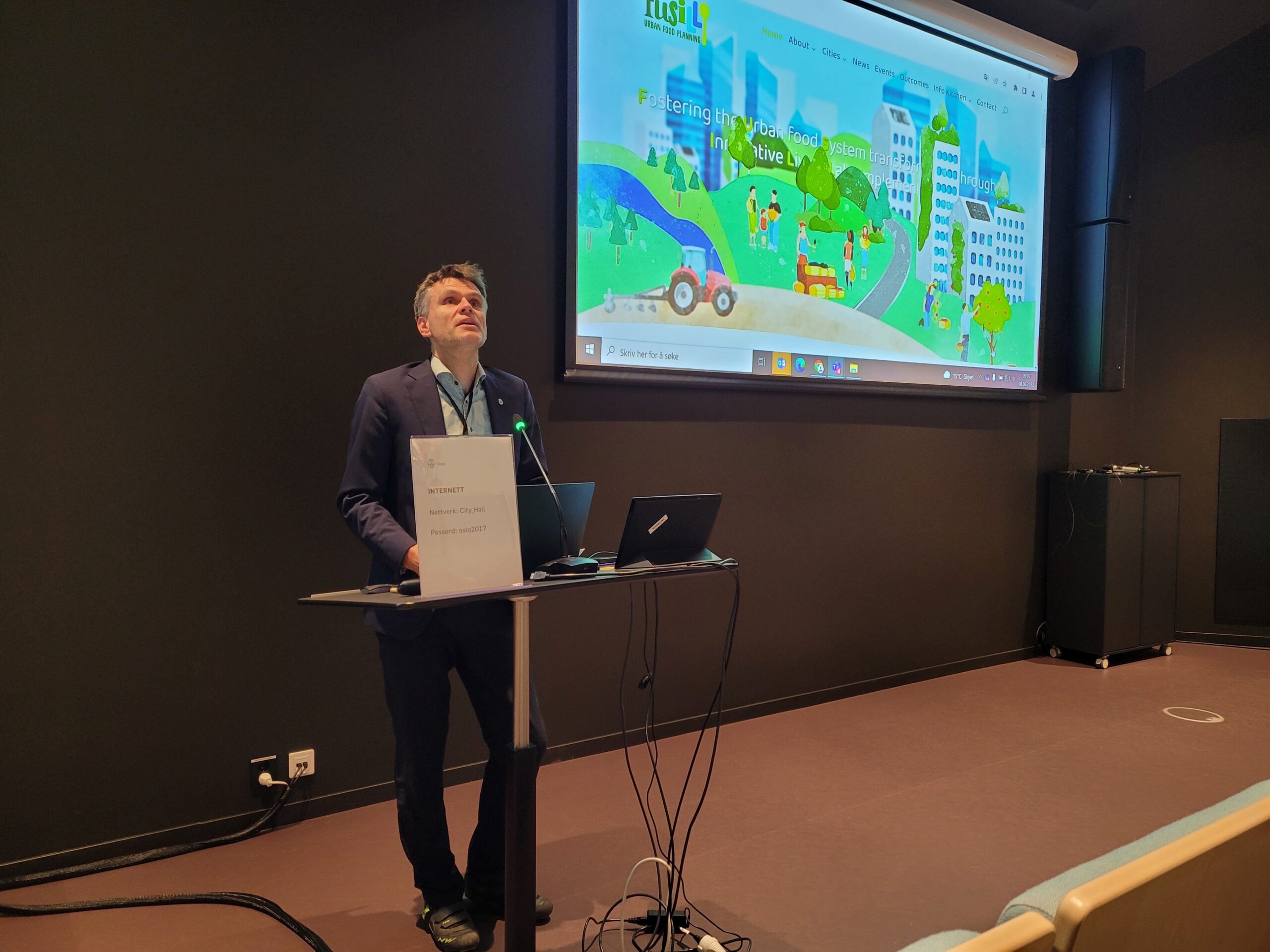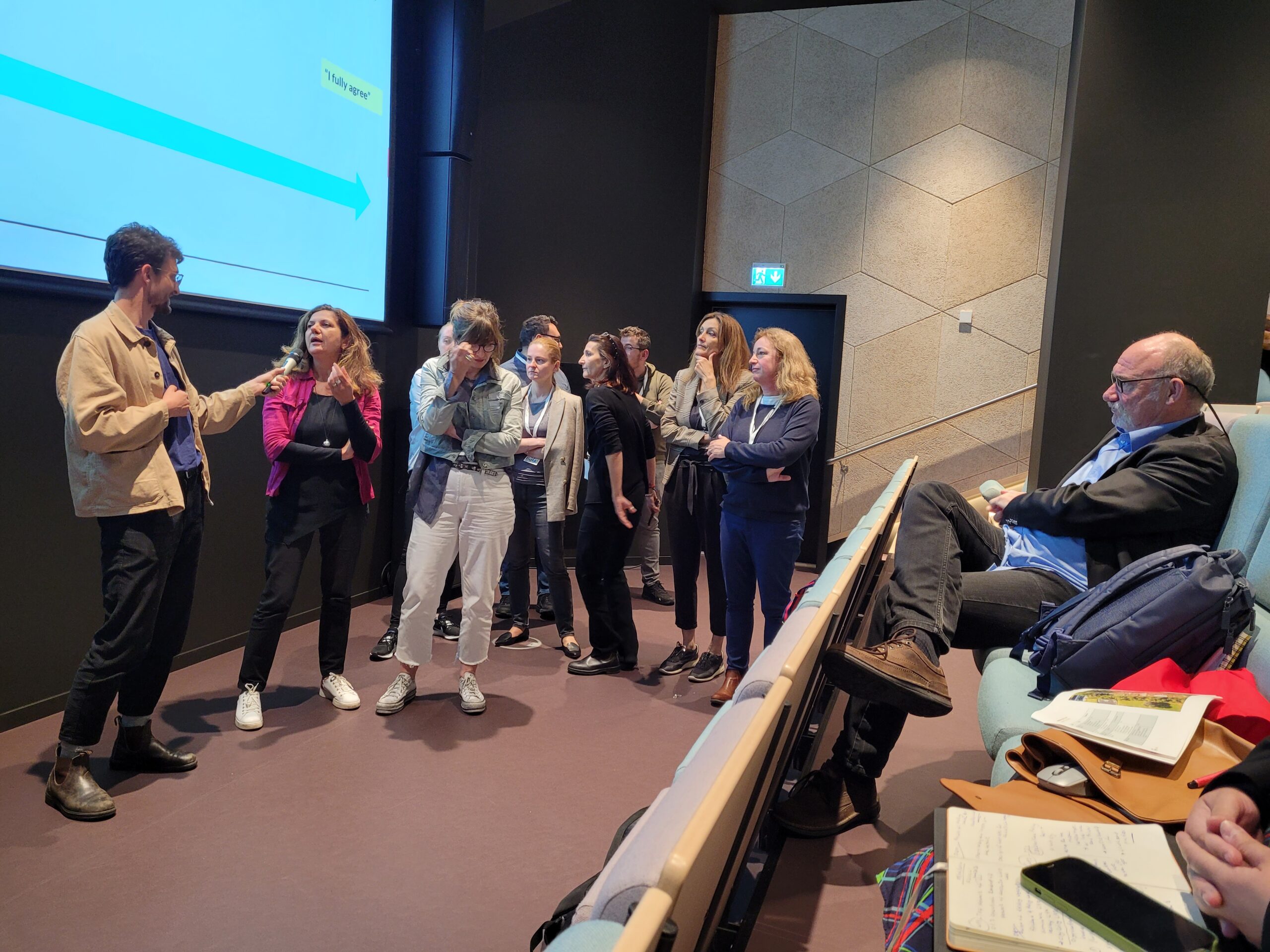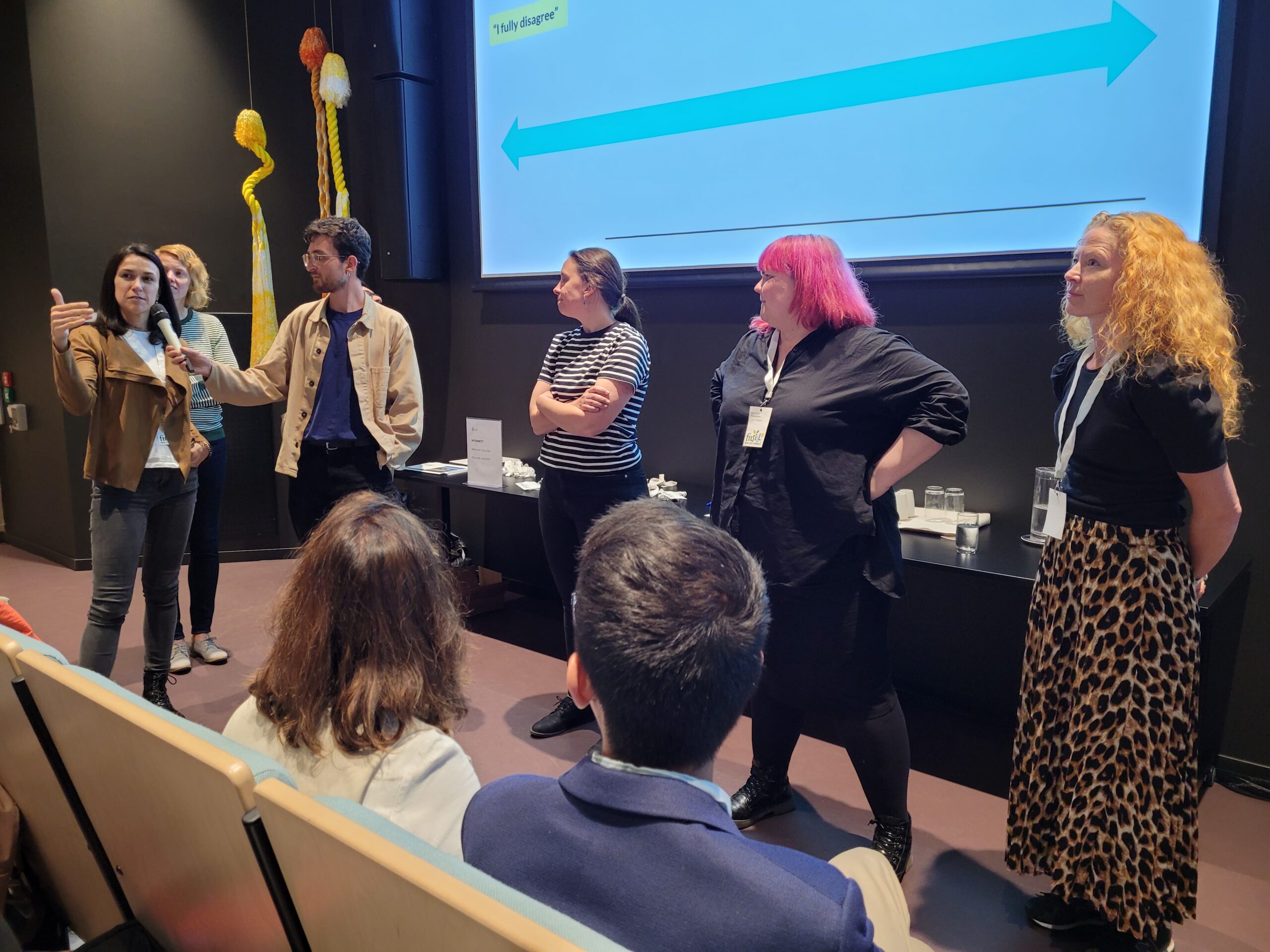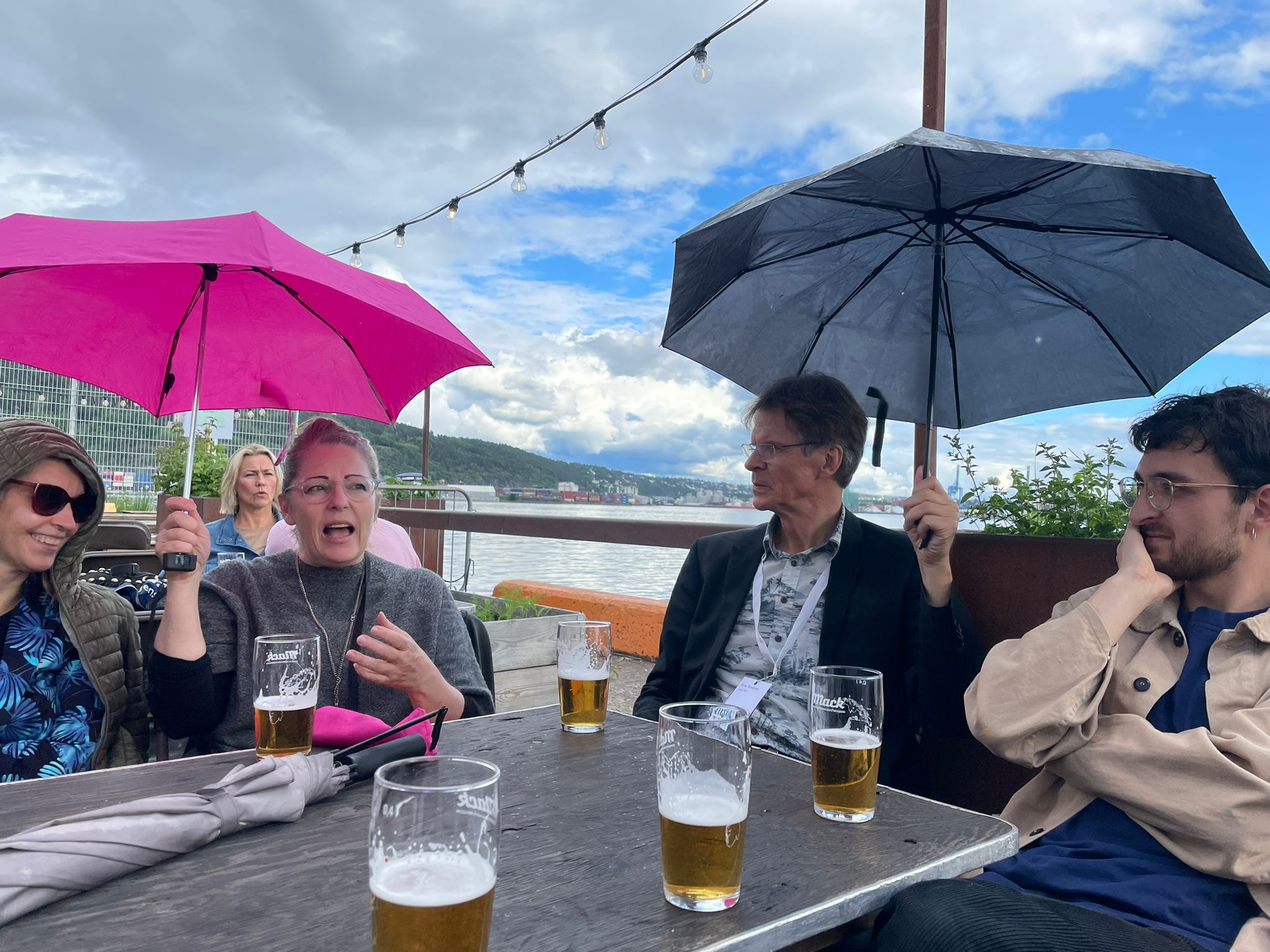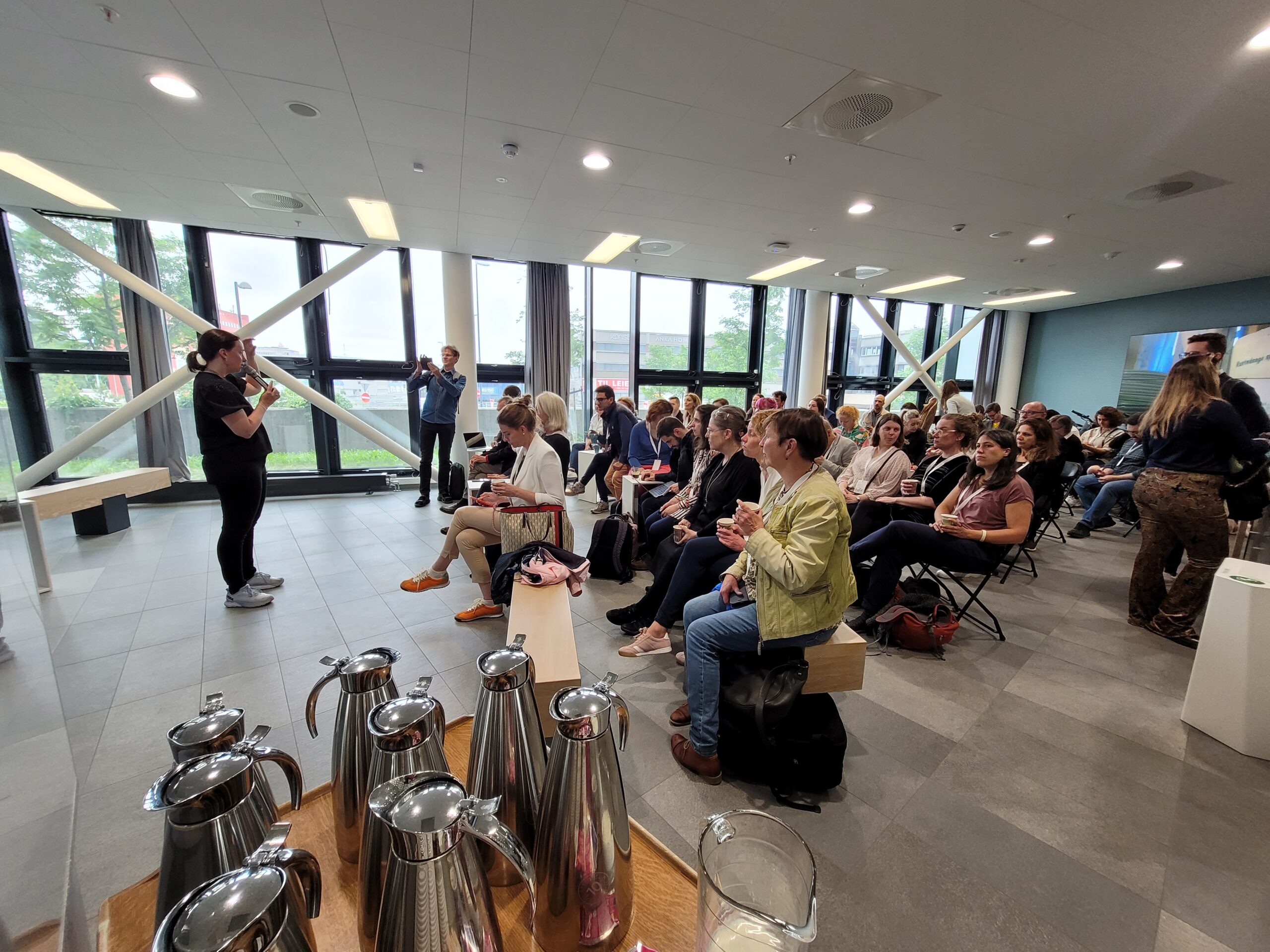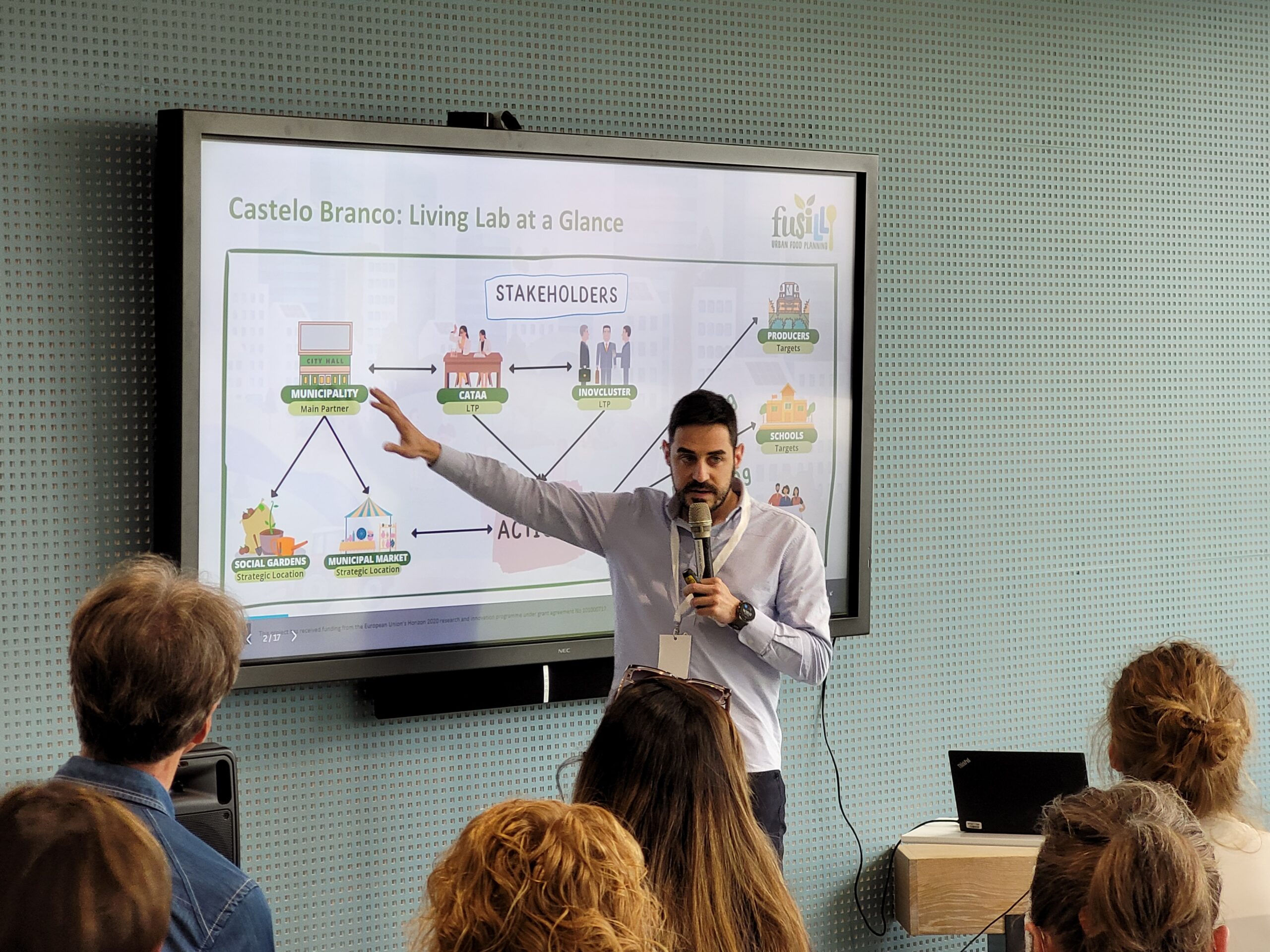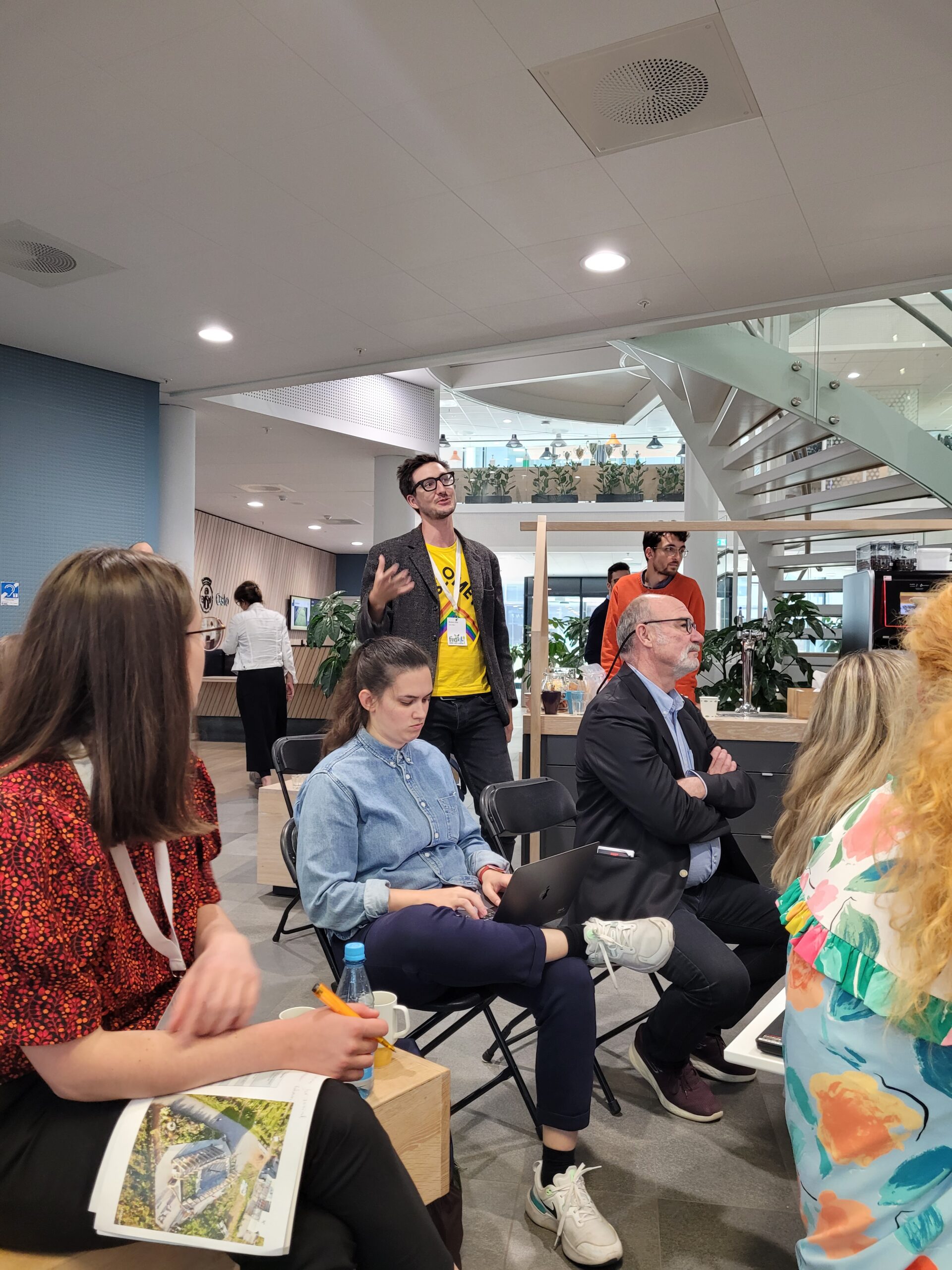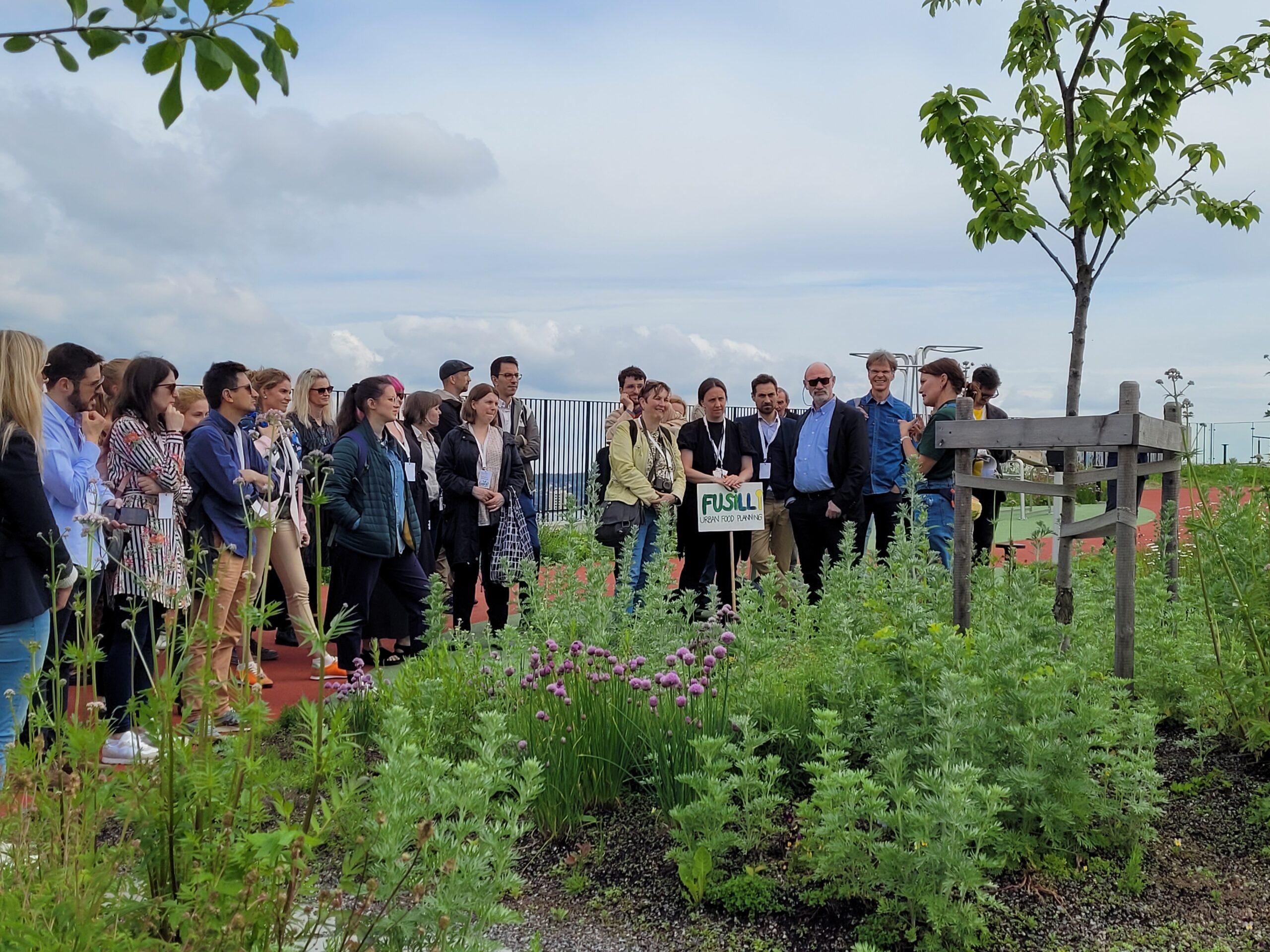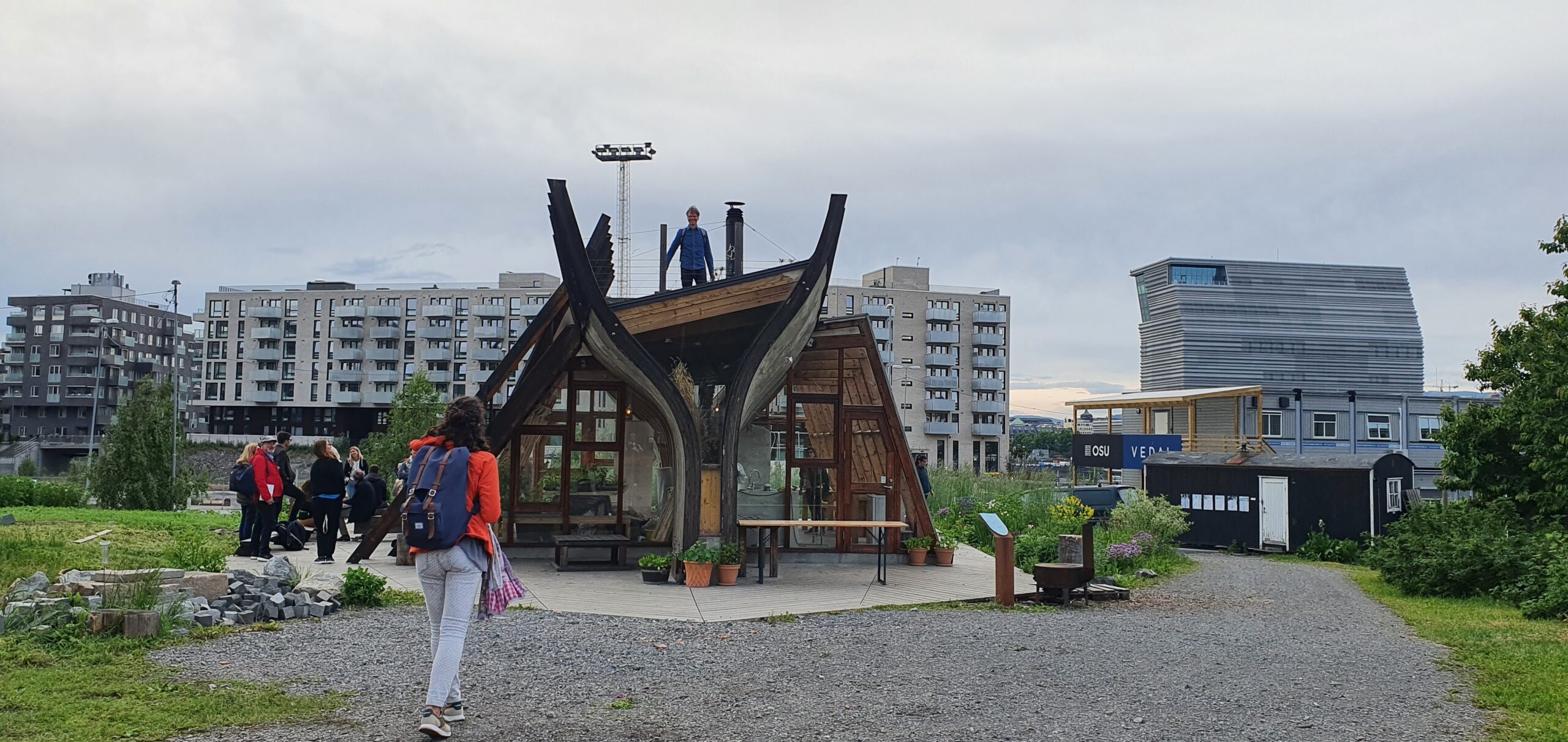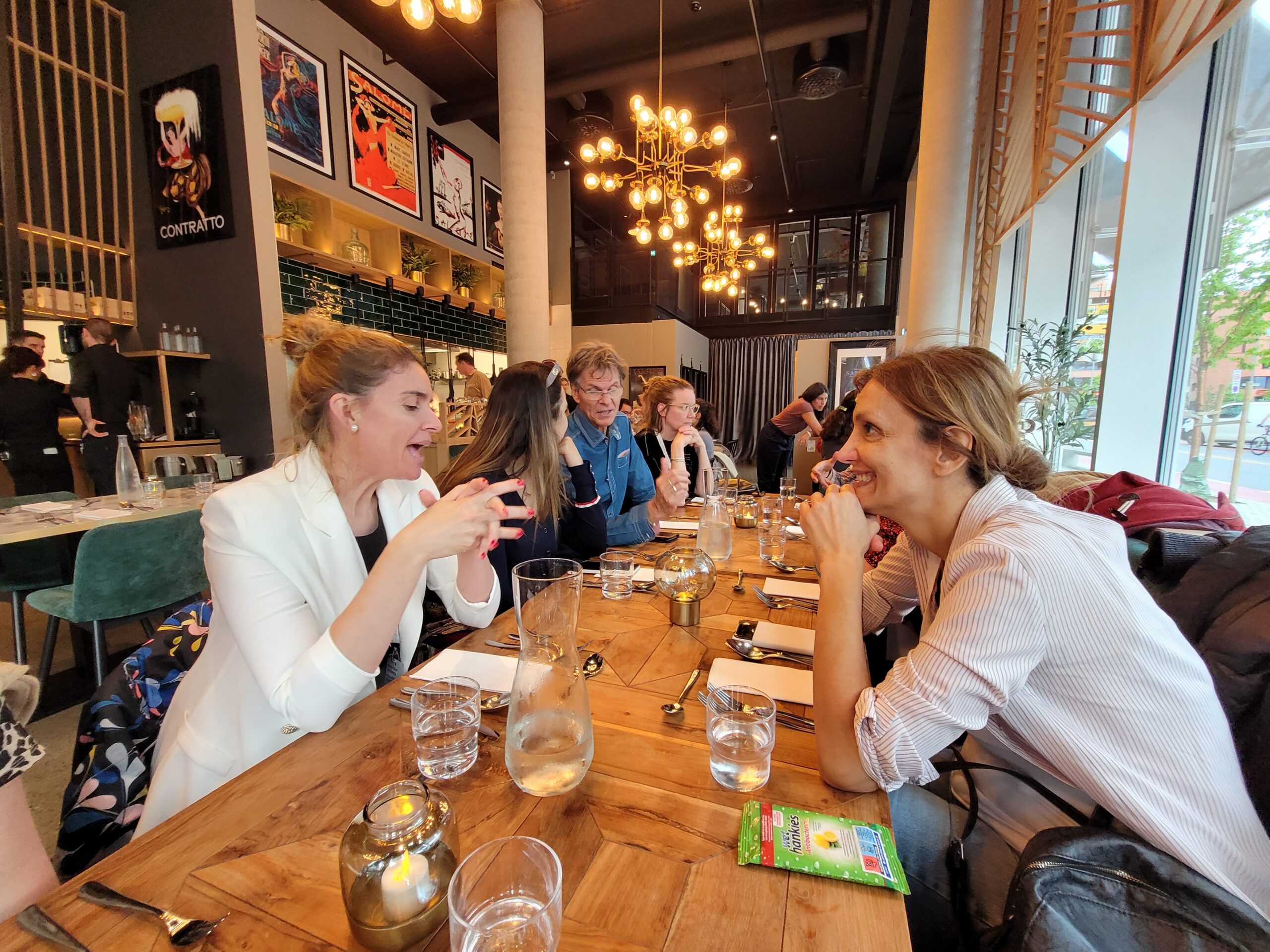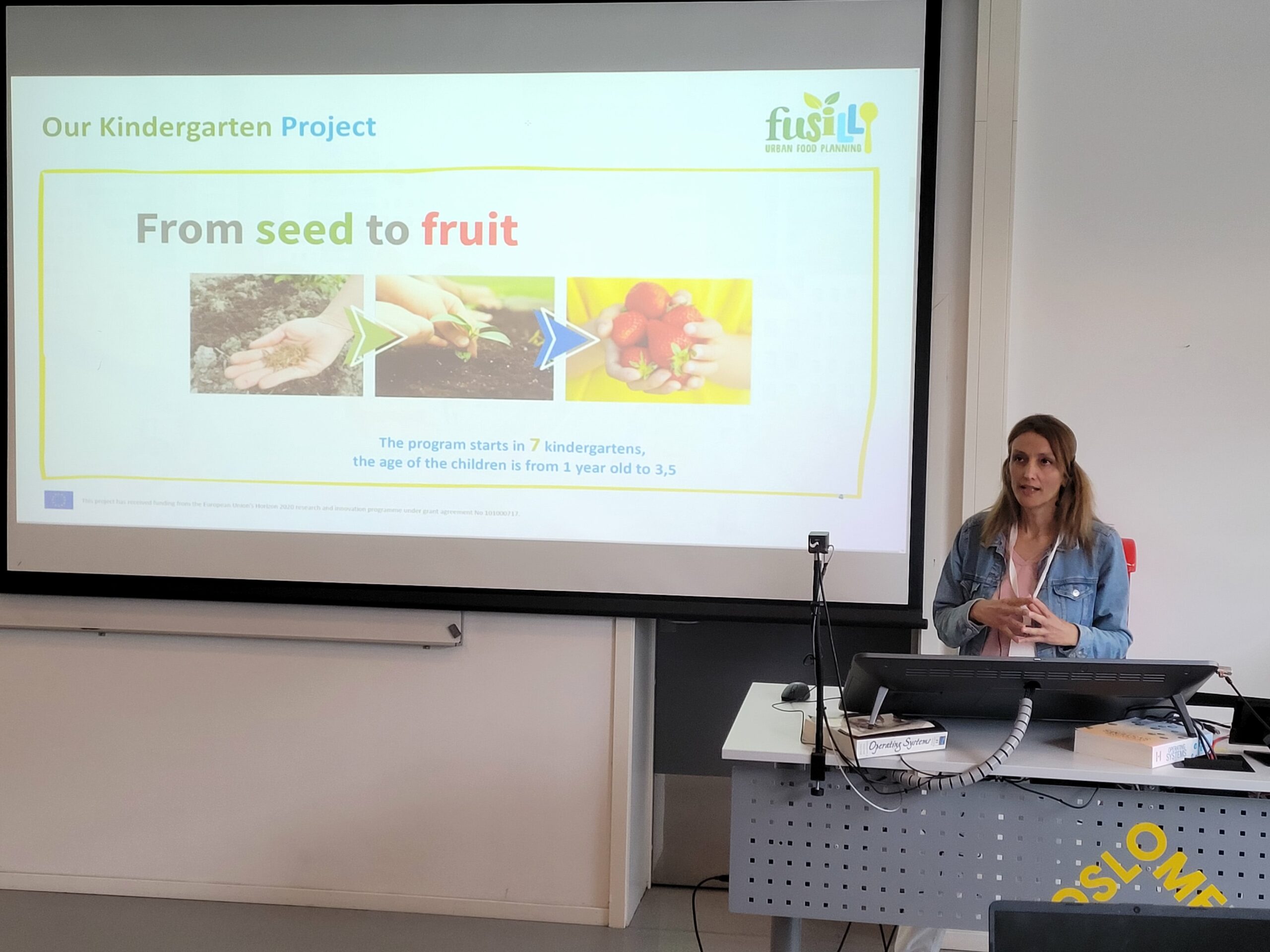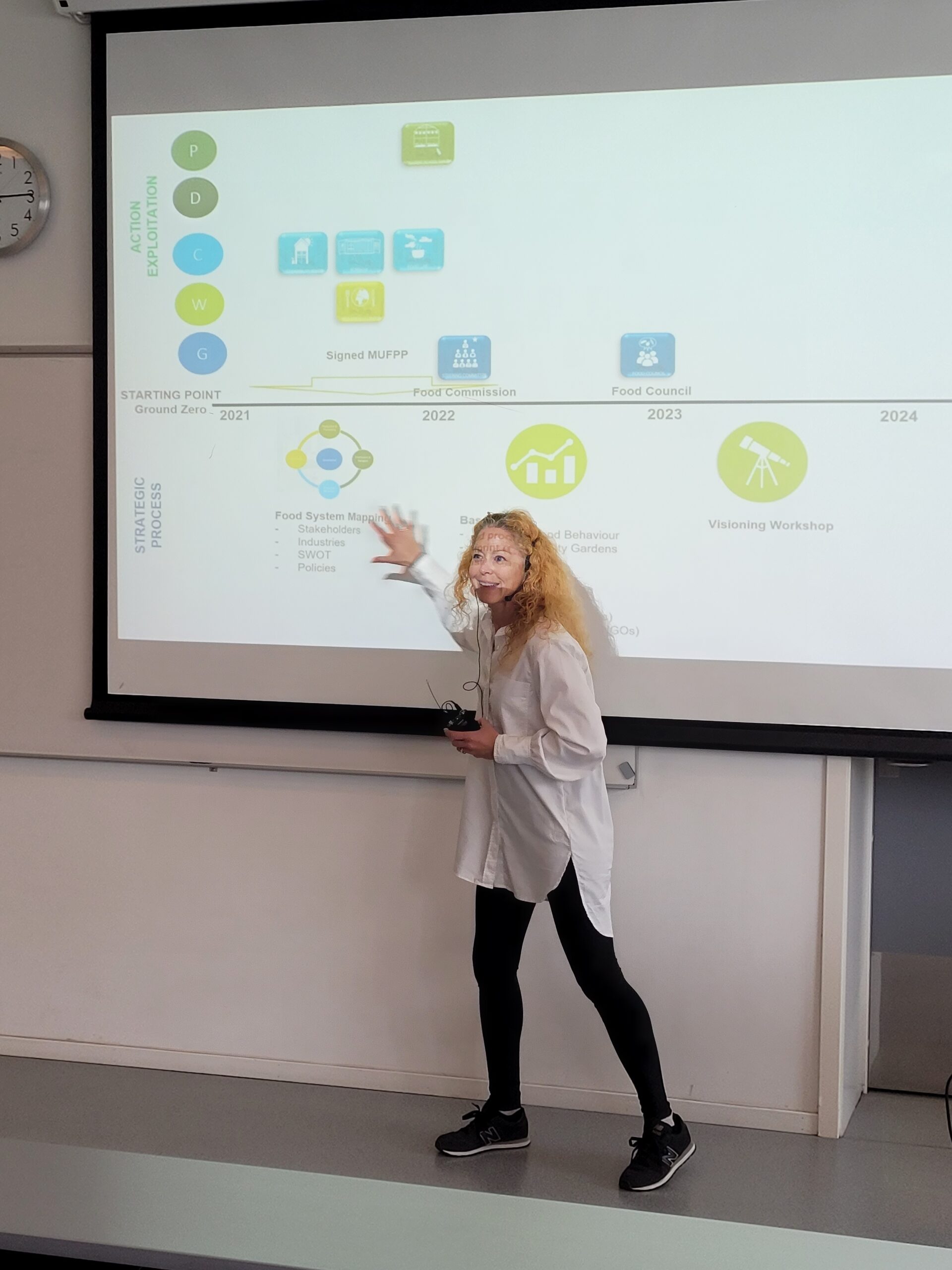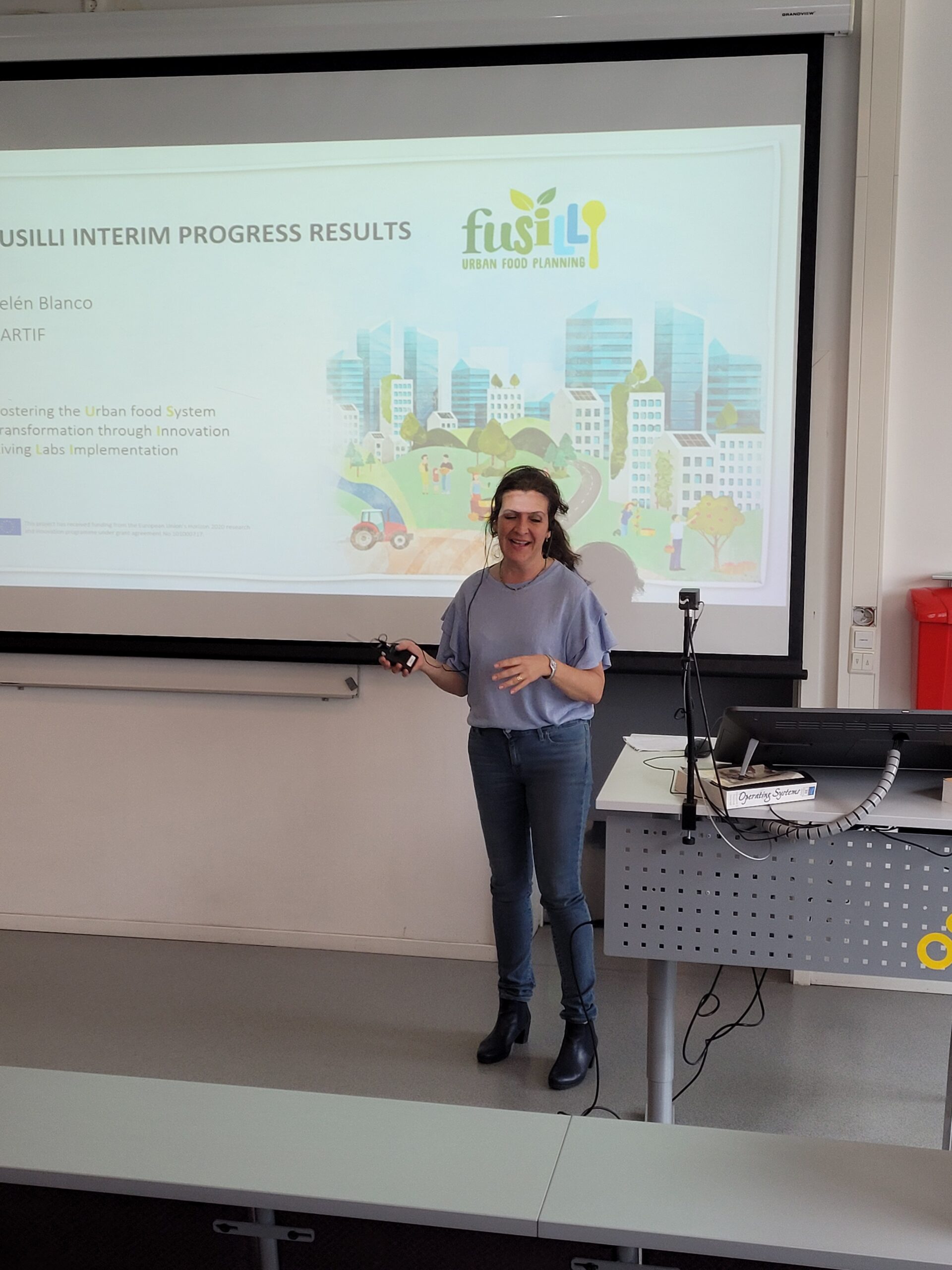For big European projects, Covid-19 has been a major challenge. FUSILLI started in the middle of the pandemic in January 2021 and has been going on for 1,5 years now. The big European consortium with 34 partners including 12 cities has finally had the chance to meet in person for the first time from June 7-10, 2022 in the City of Oslo, hosted by the Municipality and Oslo Metropolitan University. Despite the multitude of digital collaboration tools, it became clear that meeting each other in person creates a human dimension in the project that is of utmost importance for building trust among the group.
Day 1: Scientific partners in the spotlight
FUSILLI has 9 scientific partners from all over Europe who accompany the cities in the implementation of their Living Labs. The first day of the Periodic Meeting included a workshop designed by the scientific partners – blending in well with the venue of day 1: Oslo Metropolitan University (OsloMet). The workshop focused on 4 different topics that were addressed in separate paper sessions: roles to allocate when setting up Living Labs, the role of urban agriculture in transforming urban food systems, the direction from which the transition is steered and learnings from Food Policy Councils that have been set up in FUSILLI cities. All sessions were followed by smaller reflection groups in which the participants discussed the realities of the Living Lab implementation in the different FUSILLI cities.
The day was concluded by a traditional Norwegian dinner on the Gressholmen island in the Oslo fjord.
Day 2: Getting to know Oslo’s sustainable and healthy food program
The consortium met in the auditorium below the famous Oslo City Hall for day 2. Oslo’s Vice Mayor for Finance Einar Wilhemsen welcomed the group and gave a sneak peek into the inspiring presentations that followed from municipal actors who are involved in different projects that contribute to making Oslo’s food program more sustainable and healthier. The Municipality’s activities involve a broad range of areas to achieve this goal: from urban gardens to nursing homes and school canteens, but also on a more systemic level with changing procurement purchases. vegetarian meals are now the standard option when municipal meetings and events are organised. Meat and fish are always possible options, but need to be specifically ordered.
The major part of the day was reserved for internal presentations on the progress of different key work packages in the programme. Given the fact that it was the first physical meeting of the consortium, the need for exchange was so big that the group continued its discussions until the evening at Vippa Food Court – a food market that works closely with local producers.
Day 3: Lessons from the cities part 1 and the Oslo Living Lab
The third day of the meeting took place in many different locations. The first half of the day was about internal presentations of Work Package and task leaders, e.g. about plans with other networks or the emerging knowledge community on urban food systems transformation. At noon, the group moved to Oslo’s Living Lab – the office building “Karvesvingen 3” where all involved parties in the Living Lab presented their role in the project. The section was followed by the first presentations on the project’ progress in the different FUSILLI cities: what happened in the last few months, what is planned for the future and what are the first learnings to share with the others.
Then, it was time to move again. This time, the group took the elevator in the building “Okern portal” nearby to visit a spacious rooftop garden that had opened a couple of months before. The company that runs the garden gave the group a tour and explained the business model behind the project. The last transit of the day took the consortium back to the city centre of Oslo to visit Losaeter – a park with edible plants and a community bakehouse that was started as a pop-up art project in 2011. The busy day was concluded by a vegetarian dinner at the Restaurant Salome where the group was welcomed by the owner who shared his views on the crucial role of food literacy among children.
Day 4: Crisis management during the war and lessons from the cities part 2
The last day started with an open guest lecture by Olena Muradyan from FUSILLI project partner V.N. Karazin Kharkiv National University about the impact of the war in Ukraine and how the university and the department of Sociology that is involved in FUSILLI are coping with the difficult situation.
Then, the group continued the round of presentations on the progress in different FUSILLI cities from the previous day and explored opportunities to maximise the impact of the project through communication, exploitation and further funding measures.
The busy 3,5 days provided the group with the opportunity to exchange, argue, compromise, build mutual trust, inspire each other and learn from external actors of the City of Oslo. An incredible number of roughly 55 presentations were held during the time – a real feast of food for thought. Now, it is time for all the partners to digest the thoughts, take them home to their 34 organisations that are involved in FUSILLI and get excited for the next meeting in November in Kolding, Denmark.

